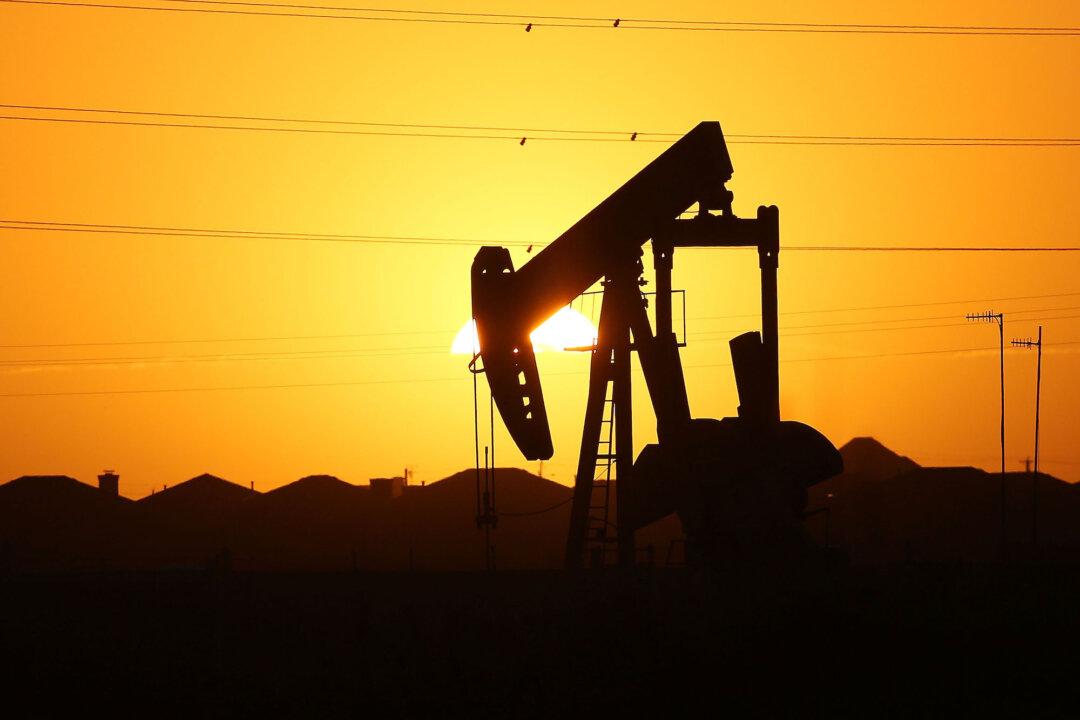Senate Majority Leader Chuck Schumer (D-N.Y.) urged the Biden administration on Sunday to make use of the Strategic Petroleum Reserve in order to curb increasing gasoline prices as Americans enter the holiday season.
“COVID’s wreaked havoc on our supply chains. No industry is spared but fuel, gasoline is the worst of all. When fuel is in a crunch, everything dominoes. But we can put our finger on the scale with something called the SPR,” Schumer said at a news conference in New York, referring to the Strategic Petroleum Reserve.





